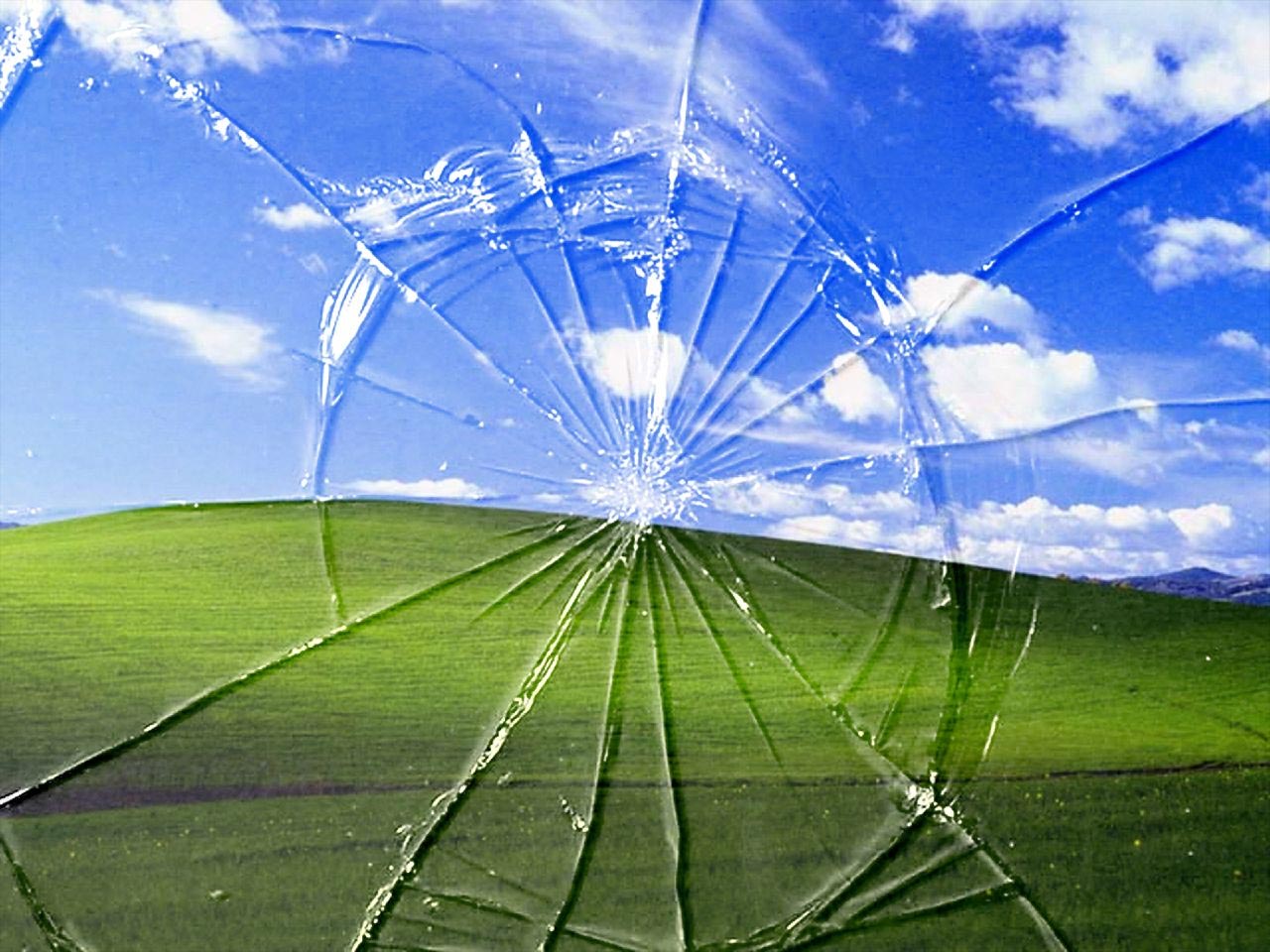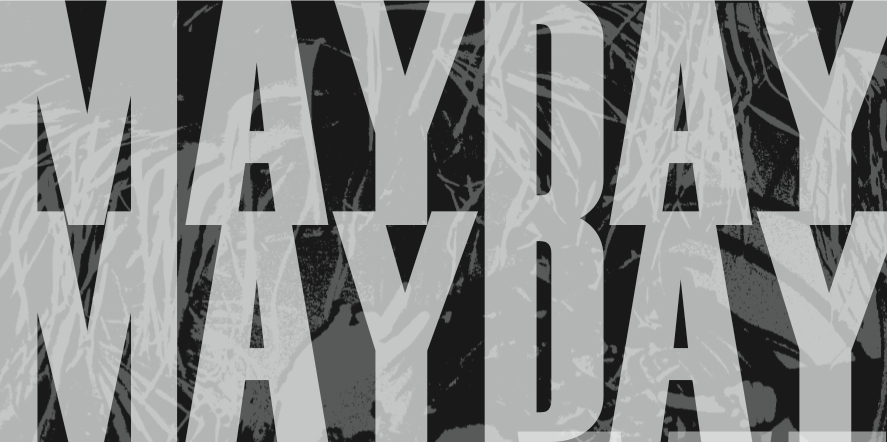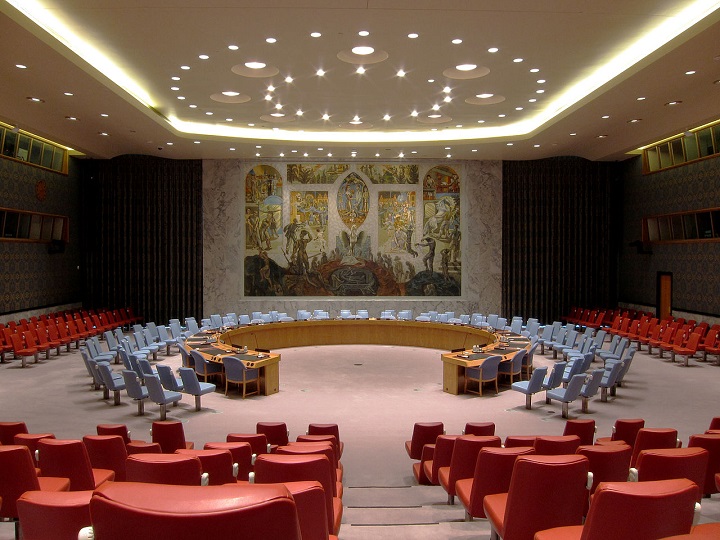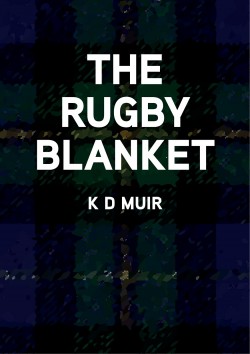Asimbonanga
I’ve never felt that growing up in New Zealand distanced me from affairs of an international nature. When the Apartheid-era was near an end and Nelson Mandela still imprisoned, the political system in South Africa at the time was front page news regularly as our touring sports teams ignored the calls of human rights activists and continued to play our National Game. As mentioned in ‘The Rugby Blanket’, the day my folks and a few hundred others stopped that match at Rugby Park brought New Zealand news to the front pages of the South African press. Even from his prison Mandela caught news of this match that had been stopped and said ‘It was as if the sun had come out’. That was 1981 and I was five. The name Mandela has been in my thoughts since then.
Mandela. It is a name that demands to be remembered in its sound alone. When I was a young boy I knew little of Mandela’s plight or his people’s struggle. I knew names, I knew events, I knew many of the voices in New Zealand who shouted loudest and demanded better rights for the peoples of South Africa but I knew little of Nelson’s story. Rolihlahla Mandela was born in Mvezo, a village in Eastern Cape with a population of 800 inhabitants. He was one of the Xhosa which is a tribe with one of the most amazing sounding dialects which involves a distinctive clicking sound on pronunciation. From those small beginnings he studied law, led the African National Congress, was imprisoned and was President of a united South Africa. To track his life is to see this upward curve of recognition and now stellar achievements. I can’t imagine how he will be remembered in his home nation but I am sure the recognition around the world and the legacy will be similar to that which was left by Mahatma Gandhi. He has ascended to the point where he changed the thinking of millions and has transformed a country for the better. There is no need to say they will write songs about him because ‘they’ already have.
As a nine year old the song “Free Nelson Mandela” by The Special A.K.A. was a powerful tool of recognition and likely made a younger generation take notice of his plight but for me it is the 1987 track “Asimbonanga (Mandela)” by Savuka which really made me ask ‘Who is this man that these artists sing for?’. In 1987 I was an eleven year old living on the island paradise of Waiheke but twelve timezones away Mandela had toiled away in a prison on Robben Island and later two other prisons. When I visited Robben Island in 2002, I tried to imagine what it was like as I was guided around by a former inmate. But it was summer and could not grasp what they went through when the Antarctic southerlies came during the winter or the back breaking labour.
‘Asimbonanga’ is a Zulu word which means “We haven’t seen him” and with that phrasing it also called for the great man’s release. It is a powerful song sung by those with Zulu heritage and I will make sure I listen to it today in recognition of a true leader the likes of which there is perhaps only one every few generations.
R.I.P. Madiba.













Recent Comments